I got to hand it to the real estate industry for making everyone believe that owning a home is better than renting. How very far from the truth this is, because I’ve coached more than 150 families, and for them, the ONLY people for whom owning a home makes financial sense, more so than renting? Is when they rent out the property.
How can it be that we have a whole nation of people who buy into such a toxic, mathematically upside down belief? This is because home ownership is perpetuated through media, through culture, through folklore, through marketing.. and no one actually talks about the money they truly make, comparing it to market returns.
I’m a millionaire, and I currently rent the house I live in. In fact, I prefer renting.
Let me be straight. There is nothing wrong with loving a home. Having a place to call your own. Decorating it. Having a stable shelter. But you know what, calling it the best investment? That only works if you were lucky enough to pick some super hot market. Let’s see the math using a median home that is valued at $375K today, implying a $75K down payment, and $300K mortgage.
The average American barely makes a dent in paying off their mortgage – usually less than 30% in average homeownership!
The way mortgages are built, is that you pay for interest more upfront, and then more of the loan balance towards the end. Take a classic 30-year fixed rate mortgage of $300,000 with 4% annual interest. That results in a monthly payment of $1,432, or annual mortgage payments of $17.2K
Here’s how much EQUITY you build up over time:
Year 1: $5.3K
Year 2: $5.5K
Year 3: $5.7K
Year 4: $6.0K
Year 5: $6.2K
So after 5 years, 60 payments, $86K later, you’ve only built $29K of equity, paid $57K in interest.
There’s conflicting data on how long people own their homes. According to Redfin, the typical home changes hands 13 years. By year 13, you’d pay down 29% of a typical 30-year fixed rate mortgage. You already are throwing money away on interest.
In this example, at year 13 the person would have gained $88K of equity, while making $224K of payments, spending $135K of interest.
Don’t just look at the mortgage payment. There’s insurance, property taxes, and repairs – and they increase over time. That is ALL money that is thrown away
Of the 150+ households I have coached, the average I have seen is that the total all-in costs for a home is equal to almost double the mortgage. Why?
Property tax is usually 1 – 2% of home value a year, so going back to a $375K home, you owe $5,600 a year in property tax assuming 1.5% rate. Most experts also say to set aside 1% of home value a year on repairs and maintenance. That adds $3,750 on top. Homeowner’s insurance for a $375K home probably runs you about $1,700. Leading to $11,050 in total costs, or another $921 per month.
Now that $375K home went from $1,432 a month to $2,353 a month, a total housing expense of $28.2K a year. And guess what? These costs don’t stay fixed! In general, you can expect all non-mortgage costs to increase at the rate of inflation each year. Assuming I inflate these costs at 2% a year over 13 years, this person would end up paying $162K in non-mortgage costs.
Homes on average don’t grow at the same rate as the stock market
Of course you heard about that uncle who bought and sold a home in a hot market. However, in the long term, real estate in the U.S. – for residential homes – has hovered at a 4% annual return.
The stock market in its purest measurement – all in – has returned 10% inclusive of dividends. Even when I use a more conservative 7% a year growth assumption, that beats the average return of a residential home.
Over 13 years, this $375K home is estimated to be worth $624K.
I advise most people not to invest their down payment in the stock market, especially if they need it within 5 years. This is because volatility in the stock market puts beginner investors most at risk. Let’s say it takes 5 years for someone to build up a $75,000 down payment, at $15,000 each year. Someone else who invested $15K a year over 5 years could have $86K over that same period. That’s missing out on $11K.
Then once your down payment goes into the home, let’s say the home grows at 4% a year. After 13 years, that down payment is worth $125K. In the same time period, the $86K would have grown to $207K.
In total, the down payment sitting in the home, as opposed to being on the stock market, is worth $83K less.
If I use the 10% return that most people cite for the stock market, then the difference goes to a whopping $191K.
To realize the growth from your asset you have to MAKE money from it
People argue with me all the time – “my home is an asset!” yes, but it is not an INCOME producing asset. People who make the big bucks in real estate are landlords. They see their properties as income generating factories. And for that, they often own multiple properties, not just one. I agree that you can make a lot of money in real estate, but you have to rent out the property. A home that you live in, is more a nice luxury that maybe makes you a little money at the end of the day, but is unlikely to beat the stock market, as I mentioned above.
People tend to over-renovate homes that they live in
The designer kitchen, the heated floor bathrooms, the backyard swimming pool, I’ve seen plenty of homeowners sink money into their homes into things that don’t really matter when one sells. Sure, having a more modern house looks nice and is nicer to live in, but by and large, real estate has been value and will remain, to be valued on a per square foot basis. How big is the home? How many bedrooms and bathrooms are there? That’s what really matters.
This calculation does not even include the costs of an expensive renovation, which could easily add up to $50K.
Renters don’t usually pay for the big repairs
What if a septic tank backs up? What if an appliance breaks? What if there’s a flood? Most of the time, a homeowner has to pay for all these problems, but a renter does not.
Don’t forget closing costs
Buying and selling the home is a major transaction. Usually people say to add another 2-3% of the home value on closing costs each time, so I’ll say 2.5% upfront and 2.5% on the back end. That would be
2.5% x $375K = $9.4K when buying
2.5% x $624K = $15.6K when selling
Selling the home? Don’t forget the commissions
Typically, when you sell the home you pay the buyer’s and seller’s agent commissions. This is usually 6% of the home value.
6% x $624K = $37.5K
Let’s sum it up altogether
People’s perceived profit from home value: $624K – $211K remaining mortgage – $75K down payment = $338K
Cash you’d get from the transaction: $624K – $211K remaining mortgage = $413K, which seems like a lot of money.
But in reality, it is:
$624K sales price minus…
$211K remaining mortgage
$162K in non mortgage costs
$136K in interest payments over time
$83K in opportunity costs lost from the down payment not being on the stock market
$75K down payment
$37.5K commissions
$15.6K seller’s closing costs
$9.4K buyer’s closing costs
= a loss of $105.5K on the “investment”.
Of that, taking out the remaining mortgage which you pay at the end, you cash flowed out essentially $443.5K of your own wealth during this time. That’s equivalent to 13 years of renting at $2,842 a month.
But yes, do go ahead and tell me how renting is throwing my money away.



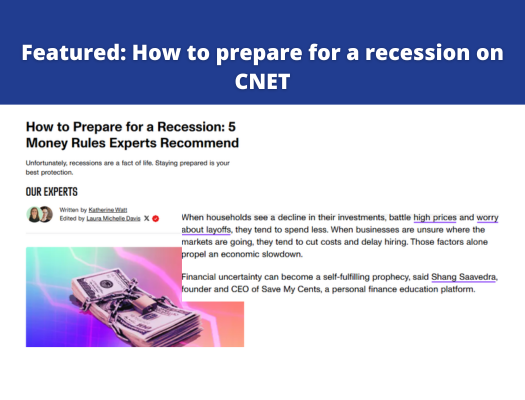
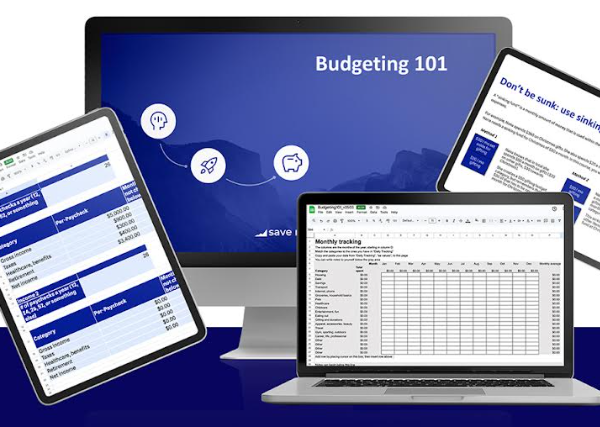
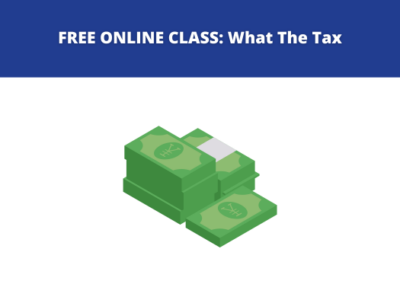
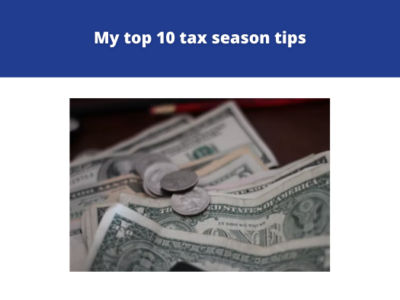


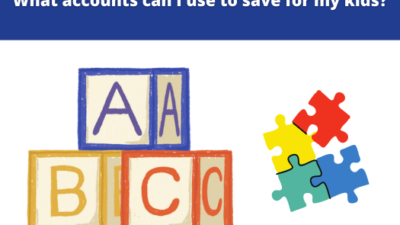
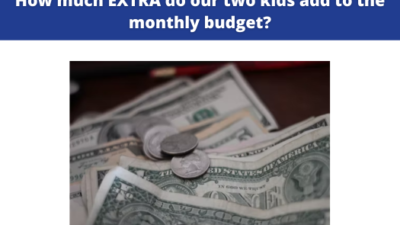
Agreed— a home you live in should never be considered an investment. However, there is an intrinsic “value” of owning the place you call home. Just as long as you recognize that your home is not what is going to build wealth